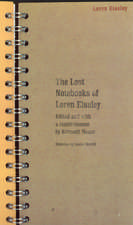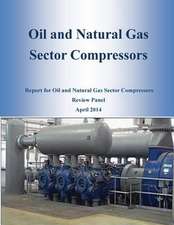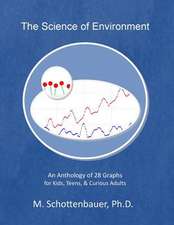New Roots for Agriculture
Autor Wes Jackson Cuvânt înainte de Wendell Berryen Limba Engleză Paperback – 31 dec 1979
"The plowshare may well have destroyed more options for future generations than the sword," writes Wes Jackson in a review of practices that have brought U.S. agriculture to the edge of disaster. Tillage has hastened the erosion of irreplaceable topsoil everywhere and a technology based on fossil fuels has increased yields for short-term profits, leaving crops ever more vulnerable to diseases, pests, and droughts. Such, says Jackson, is "the failure of success." As high-technology agriculture becomes more wasteful and expensive, more farmers are being forced off the land or into bankruptcy.
Jackson's major solution calls for the development of plant combinations that yield food while holding the soil and re-newing its nutrients without plowing or applying fossil-fuel-based fertilizers or pesticides. His new way of raising crops, by working with the soil's natural systems, would keep the world's bread-basket producing perpetually.
Preț: 108.69 lei
Nou
Puncte Express: 163
Preț estimativ în valută:
20.80€ • 22.61$ • 17.49£
20.80€ • 22.61$ • 17.49£
Carte disponibilă
Livrare economică 31 martie-14 aprilie
Livrare express 14-20 martie pentru 20.07 lei
Preluare comenzi: 021 569.72.76
Specificații
ISBN-13: 9780803275621
ISBN-10: 0803275625
Pagini: 151
Ilustrații: illus
Dimensiuni: 133 x 203 x 16 mm
Greutate: 0.25 kg
Ediția:Nouă
Editura: Nebraska Paperback
Colecția University of Nebraska Press
Locul publicării:United States
ISBN-10: 0803275625
Pagini: 151
Ilustrații: illus
Dimensiuni: 133 x 203 x 16 mm
Greutate: 0.25 kg
Ediția:Nouă
Editura: Nebraska Paperback
Colecția University of Nebraska Press
Locul publicării:United States
Notă biografică
Wes Jackson and his wife, Dana, are directors of the Land Institute, a research and educational organization near Salina, Kansas, where they are currently breeding seed-producing perennials that could revolutionize world and American agriculture within fifty years.
Recenzii
"New Roots for Agriculture is a landmark. . . . It offers a sound, thoroughly documented criticism of the assumptions and the effects of industrial agriculture; for that alone the book would be valuable. But it goes beyond criticism to propose practical remedies."—Wendell Berry
"An excellent addition to a growing list of books and articles documenting some alarming trends in our ability to produce food. . . . This short but well-documented book deserves broad circulation and public discussion. Its warnings may well be prophecy."—Los Angeles Times





















